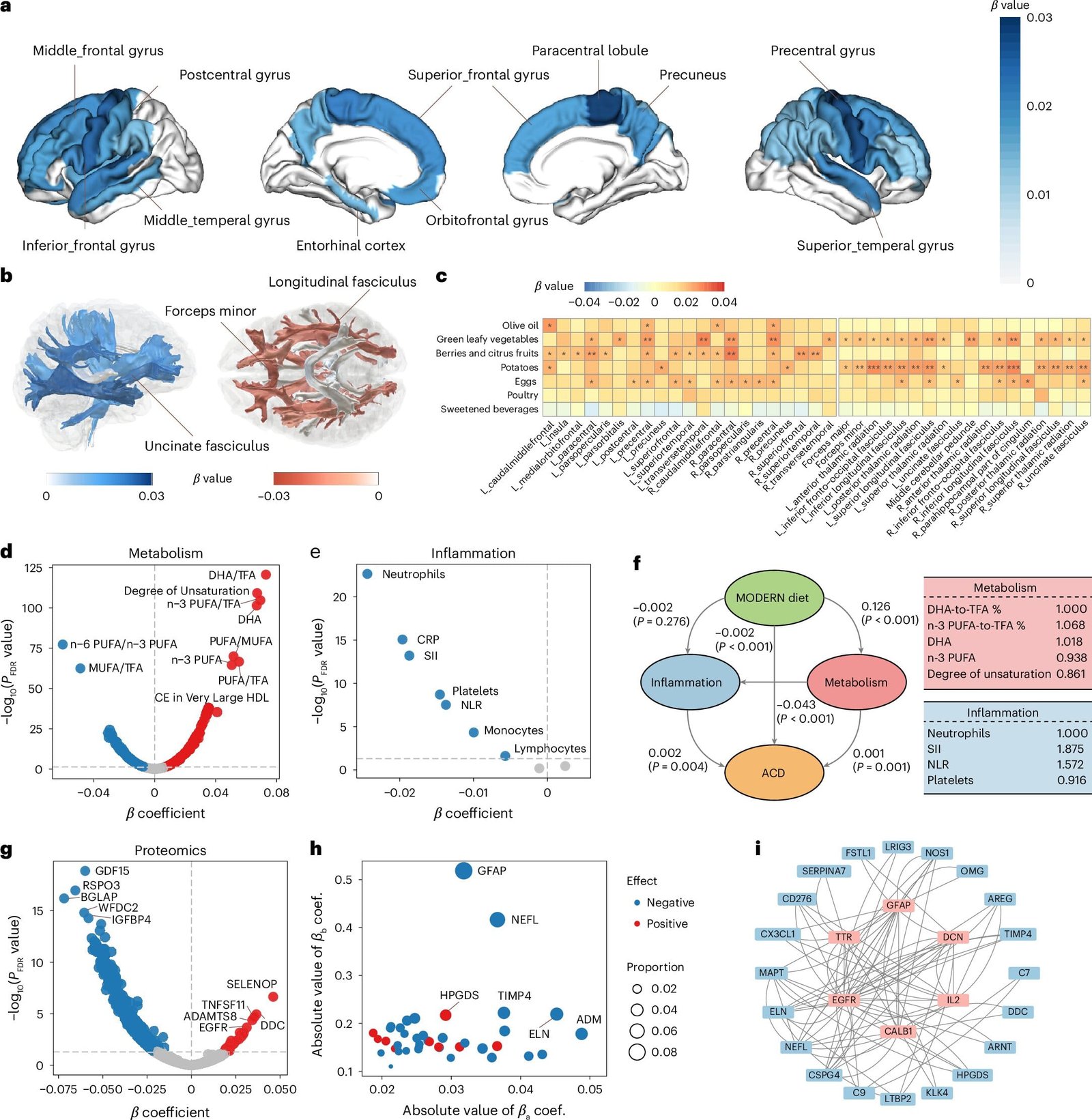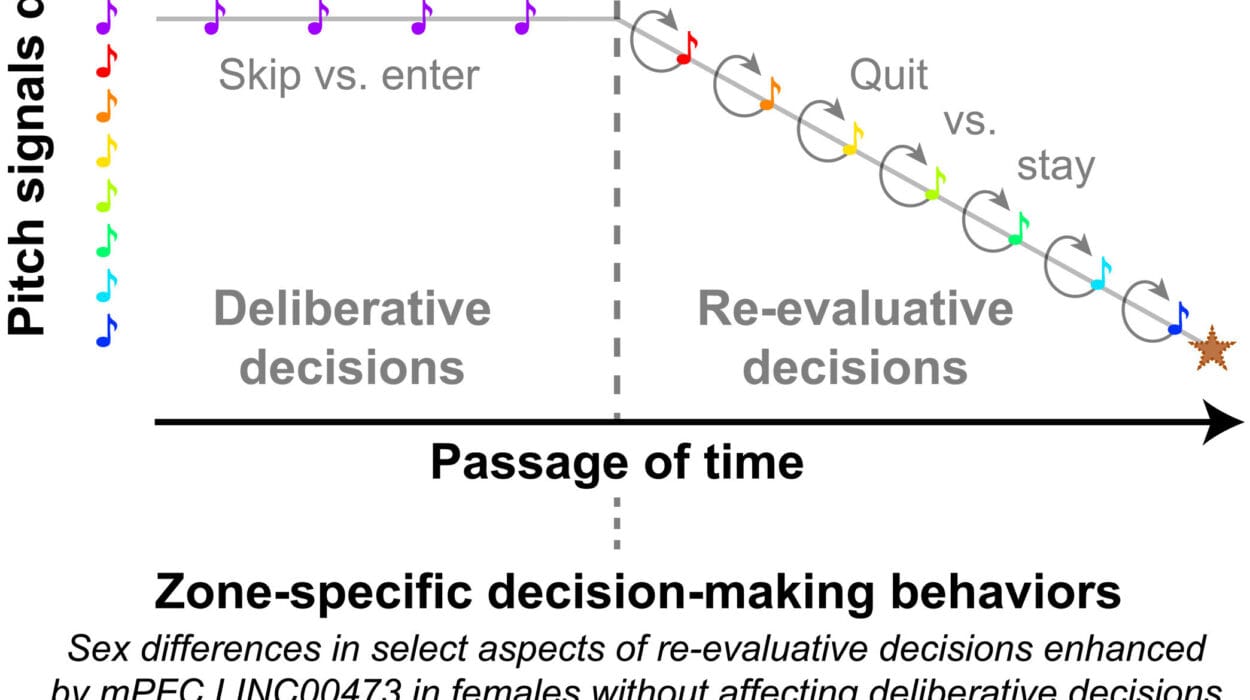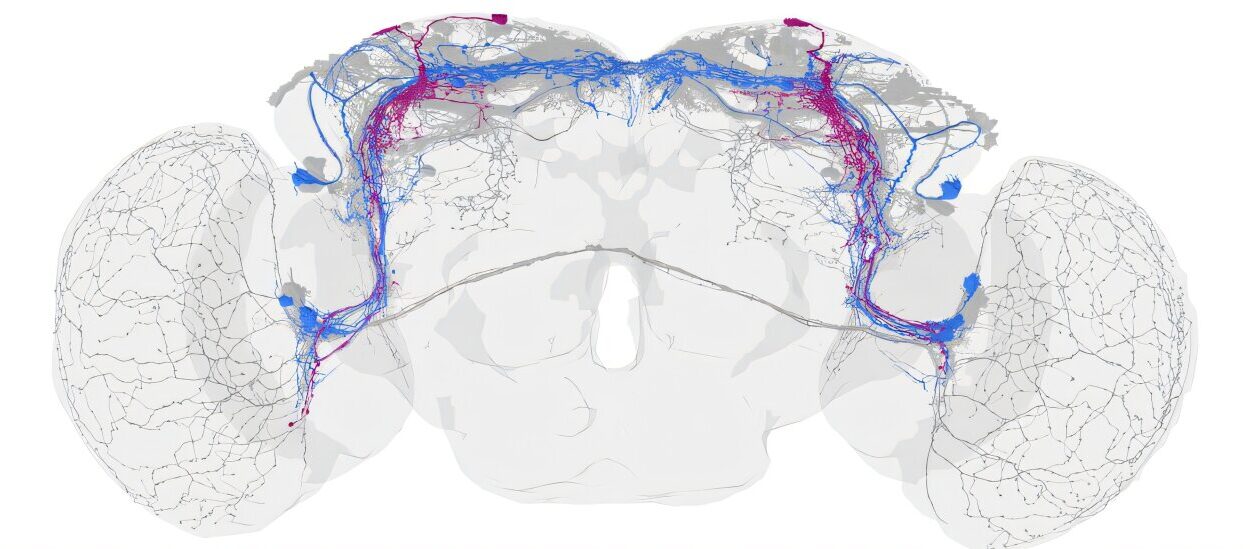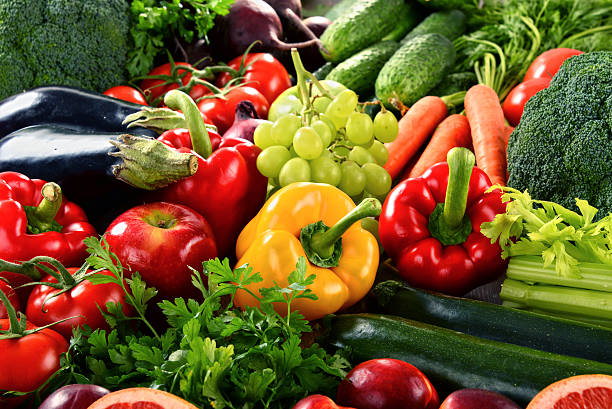Across the globe, an invisible tide is rising. It does not announce itself with pain or a fever. It moves slowly, eroding identity, memory, and independence. This tide is dementia—a sweeping term for the progressive decline of memory and mental capacity caused by neurodegenerative disorders like Alzheimer’s disease. More than 55 million people currently live with dementia, a number projected to skyrocket in the coming decades as populations age.
Behind these numbers are stories: of daughters who are no longer recognized by their mothers, of conversations that fade mid-sentence, of caregivers carrying unbearable burdens of love and loss. And despite decades of research, medicine still has no cure. Treatments exist, but they are limited in scope and often arrive too late.
But what if the tide could be turned—not with drugs or surgery, but with something as simple and accessible as food?
The New Frontier in Dementia Prevention
In a groundbreaking study, researchers from Fudan University and Zhejiang University School of Medicine, along with collaborators from other institutions, have unveiled a powerful tool that may help protect the brain from the slow crawl of dementia. Their method doesn’t live in a lab or a pill bottle, but in the choices we make every day at breakfast, lunch, and dinner.
Their innovation is called MODERN—short for Machine-learning-assisted Optimizing Dietary intERvention against demeNtia risk. It is the first dietary intervention of its kind built using advanced machine learning, and it may represent a turning point in how we think about nutrition and brain health.
The study, published in Nature Human Behavior, goes beyond traditional advice like “eat more vegetables” or “cut back on sugar.” It offers something far more precise, more personalized—and potentially more powerful.
Food as Medicine, Powered by Data
The idea that diet affects brain health is not new. For years, researchers have studied eating patterns like the Mediterranean diet and the DASH diet (Dietary Approaches to Stop Hypertension), hoping they might slow or prevent cognitive decline. The MIND diet, a combination of both, was once hailed as the gold standard for brain protection.
But there’s a catch. While these diets show promise, results from randomized controlled trials have been inconsistent. In some cases, the benefits seem modest or hard to replicate.
That inconsistency led Professor Jintai Yu and his team to ask a different kind of question: What if the way we design dietary interventions is flawed? What if the key isn’t in adhering to broad eating patterns, but in uncovering subtle, specific combinations of foods that work together to protect the brain?
To find the answer, they turned to one of the world’s most powerful medical databases—the UK Biobank—and to one of the most powerful tools of the modern age: artificial intelligence.
Teaching a Machine to Protect the Brain
The team trained a machine learning model using health and dietary data from over 185,000 people in the UK. They used a technique called LightGBM, a sophisticated algorithm known for its speed and accuracy. Unlike traditional studies that examine one or two food groups at a time, this approach allowed the AI to analyze countless variables and detect complex patterns.
As the model learned, it began to recognize which dietary habits were most closely linked to a reduced risk of dementia. Some of the findings echoed common sense—leafy greens, berries, and whole grains were associated with better brain health. But others were more surprising, revealing combinations of foods and nutrients that traditional studies had overlooked.
By translating these findings into a practical scoring system, the researchers created MODERN: a data-driven diet that could be tailored to individuals and used to assess dementia risk with far greater precision than existing methods.
A Diet That Outperforms the Best
When tested across three independent external groups, the MODERN diet showed remarkable results. Participants with the highest MODERN scores had a 36% lower risk of developing dementia compared to those with the lowest scores. That level of protection was even greater than what had been seen with the MIND diet, which had long been considered the most promising in the field.
But the benefits weren’t just statistical. When researchers dug deeper into the biological mechanisms behind MODERN, they found signs of real neuroprotection. Brain scans revealed that people with higher MODERN scores had greater structural integrity in key brain regions—areas often damaged in dementia. There was also reduced neuroinflammation, a known contributor to cognitive decline.
These are not just theories. These are tangible, measurable changes in the brain—triggered not by medication, but by food.
Why Machine Learning Changed the Game
One of the most exciting aspects of this research is how it uses artificial intelligence not to replace human decision-making, but to enhance it. Traditional nutritional science is often limited by the complexity of human diets. People rarely eat nutrients in isolation. They eat meals—rich, varied, culturally influenced, and deeply personal.
Machine learning can analyze these complex patterns in ways that humans cannot. It can detect interactions between dozens of foods, lifestyle factors, and health outcomes. It doesn’t rely on assumptions or nutritional dogma. It learns from the data.
As co-author Professor Jia You explained, among the various algorithms tested—including XGBoost and Random Forest—LightGBM stood out for its ability to predict dementia risk with the greatest accuracy. That success marks a turning point in how public health researchers might harness artificial intelligence to design real-world interventions.
A Hopeful Future, Plated One Meal at a Time
While the MODERN diet is still being studied and refined, the implications are profound. The next phase of the research will involve testing MODERN in randomized controlled trials—the gold standard for establishing cause and effect. If those trials replicate the success of the initial findings, MODERN could become a cornerstone of global dementia prevention strategies.
And the vision doesn’t end there. Professor Yu and his colleagues are already working on using similar machine learning approaches to develop optimized diets for other brain-related conditions, including anxiety and depression. Their long-term goal is ambitious but inspiring: to build a comprehensive, evidence-based framework for promoting mental and neurological health through personalized nutrition.
This could mean tailored meal plans that don’t just improve heart health or help manage weight, but actively support cognitive resilience, emotional well-being, and long-term brain vitality.
More Than a Diet—A Movement
The story of MODERN is not just about technology or nutrients. It’s about empowerment. It’s about giving people tools to take control of their brain health in a world where dementia too often feels inevitable. It’s about shifting the conversation from helplessness to hope.
It also raises important questions about public health, equity, and access. If a diet like MODERN truly offers protection against cognitive decline, how can it be made affordable, accessible, and culturally adaptable for people across different countries and communities?
Food is never just food. It’s memory, tradition, pleasure, and identity. If MODERN is to succeed globally, it must honor those dimensions while still delivering on its scientific promise.
Conclusion: Nourishing the Mind Before It Fades
Dementia steals many things—names, faces, stories, selves. But what if something as ordinary as a daily salad, a bowl of berries, or the decision to drink water instead of soda could help fortify the mind?
The MODERN diet is not a cure. But it may be a lifeline—a new way of thinking, eating, and living that empowers us to protect what matters most before it begins to slip away.
In a world racing to find a pill for memory loss, a group of scientists used artificial intelligence to rediscover something ancient: that what we feed the body can nourish the brain, too.
And in that discovery lies something quietly revolutionary.
Reference: Machine learning-assisted optimization of dietary intervention against dementia risk. Nature Human Behaviour(2025). DOI: 10.1038/s41562-025-02255-w.






